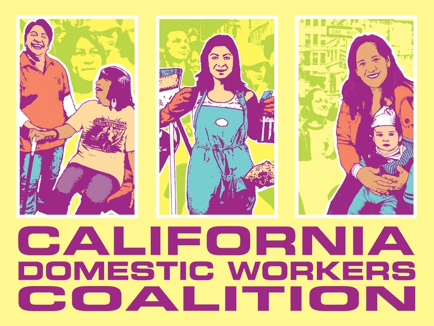(UCLA LABOR CENTER 2016) Executive Summary:
Domestic work is an indispensable part of American life. Domestic workers support families and individuals with pressing childcare, homecare and housecleaning needs and for seniors and those with illnesses or disabilities, domestic workers enable independence and the possibility of living in their own homes. Profile, Practices and Needs of California’s Domestic Work Employers, the first comprehensive study of domestic work employers, closely examines those who hire for housecleaning, childcare, and homecare services. Based on 501 randomly-dialed phone surveys throughout the state, this study provides demographic and household details, as well as an understanding of the employment practices and needs of domestic employers.
Among the report’s major findings:
- Domestic work has become a core part of Californian’s lives. We rely on this work because it makes our lives possible and allows us to live with dignity. 16% of households or 2 million households in California employ domestic workers to provide care for children, housecleaning, support for seniors and people with disabilities.
- Currently, domestic work is marked by informality and lack of standard labor practices. As the need for this work continues to grow, employers need guidance and support in establishing the home as a workplace. When employers set conditions for hours, pay, and benefits, half (49%) report that they did not do research or seek advice — they simply devised the terms themselves.
- Families value domestic workers and need more support. Compared to most industrialized nations, we could do better in California and in light of positive policies such as minimum wage increase and paid leave, we are on our way in this state. Without public support, the burden of the cost care will fall on families and individuals who struggle to pay, or else, on workers who will work with reduced wages, reduced hours or uncompensated time. In fact, one third of employers, mostly homecare and childcare, would pay higher wages and 41% of employers need more support.
